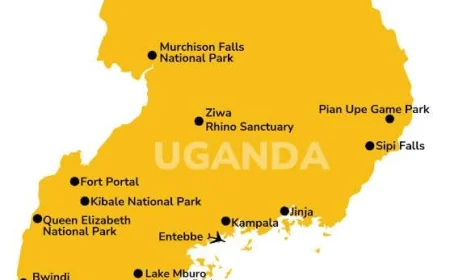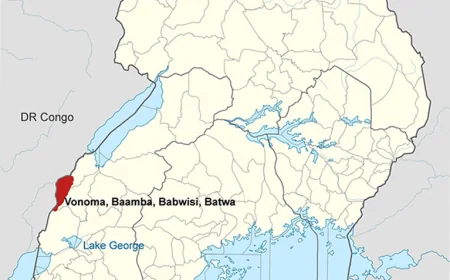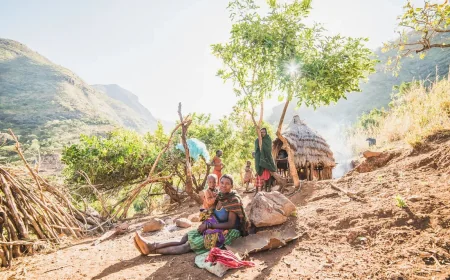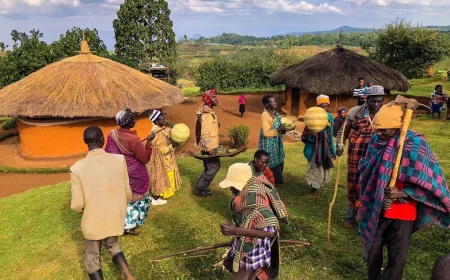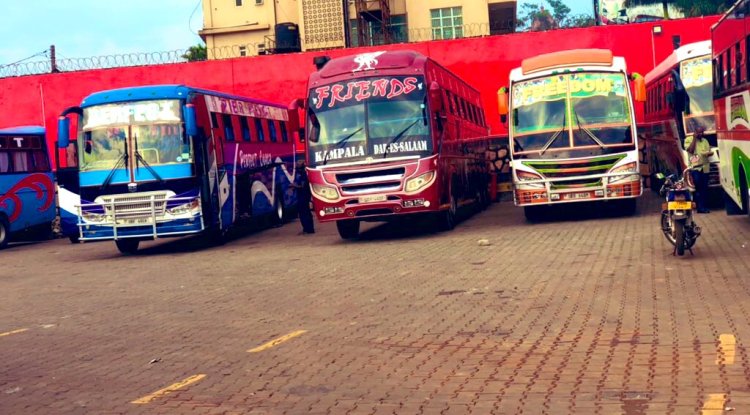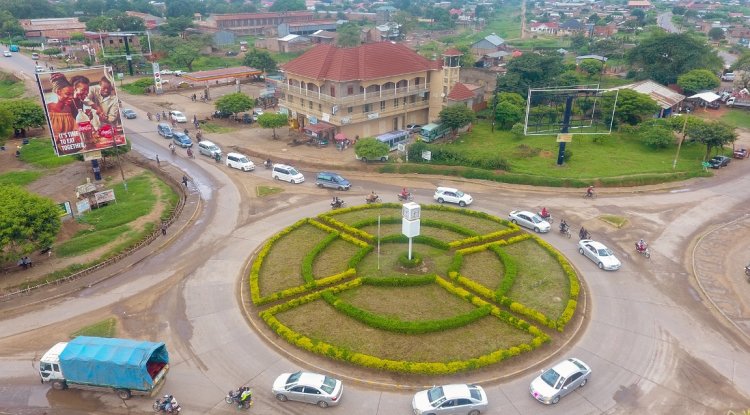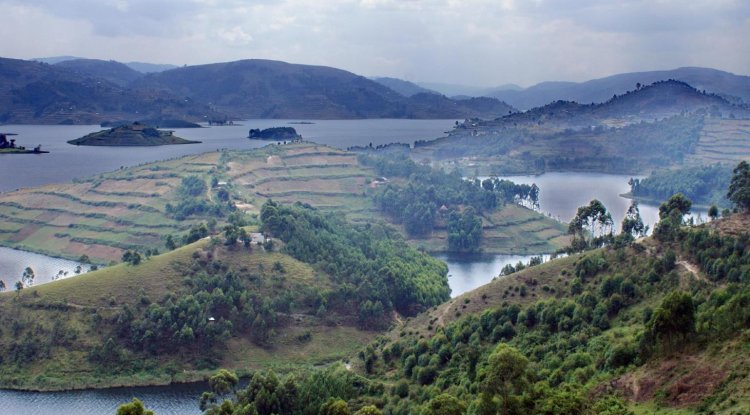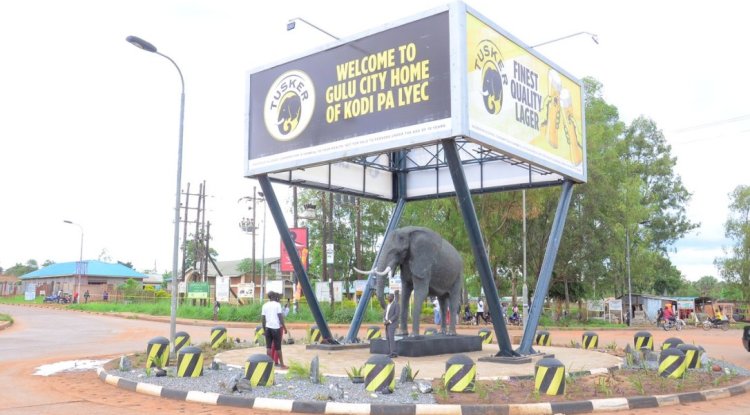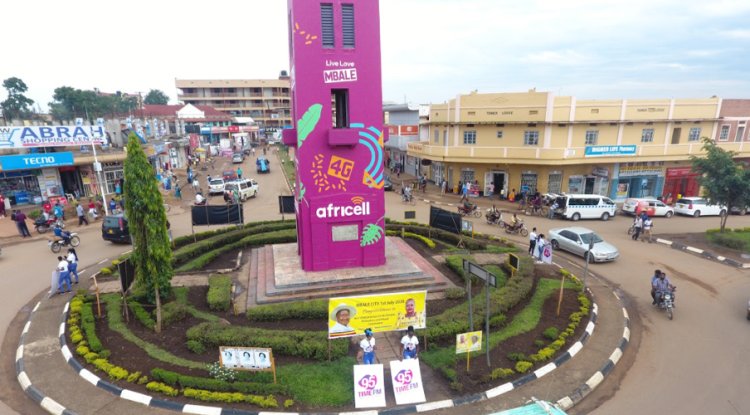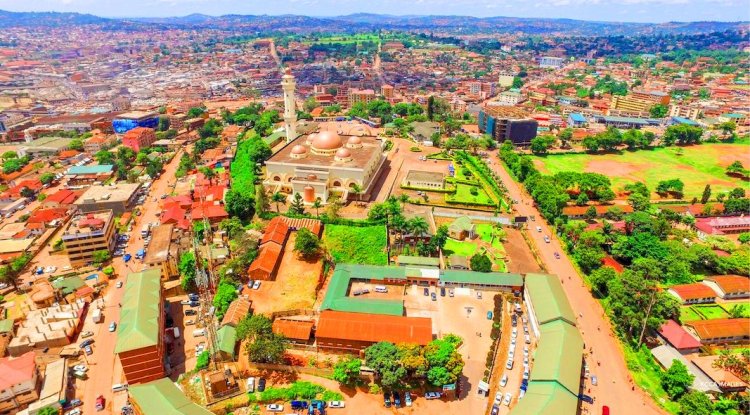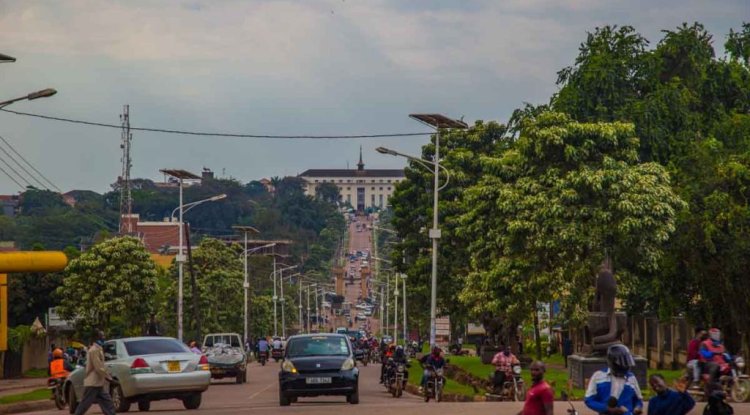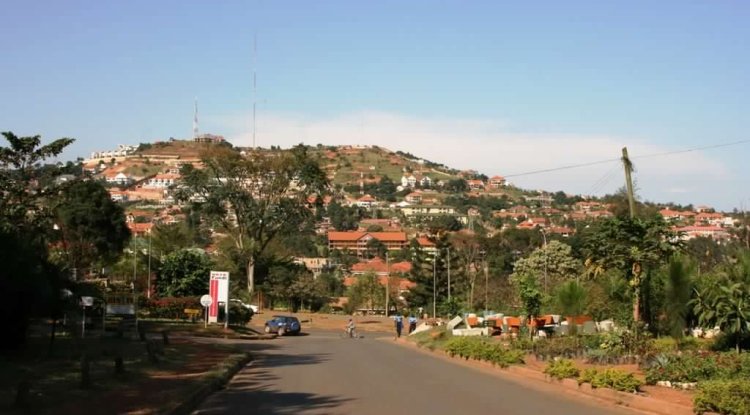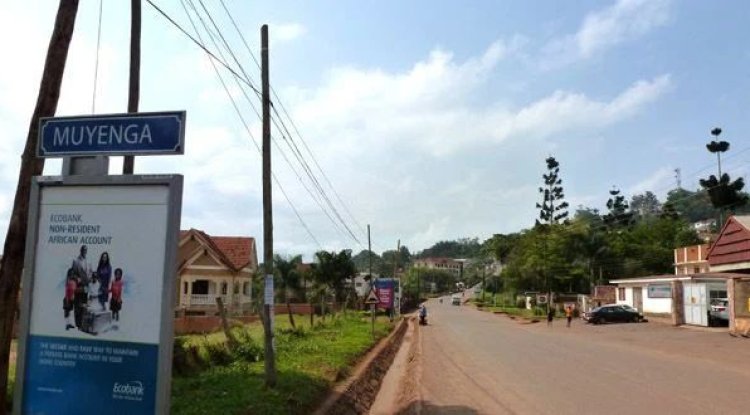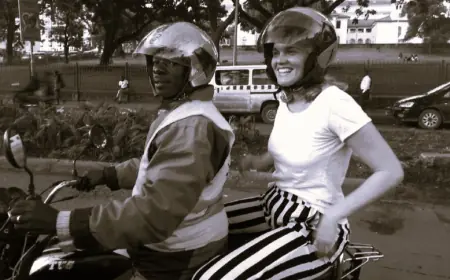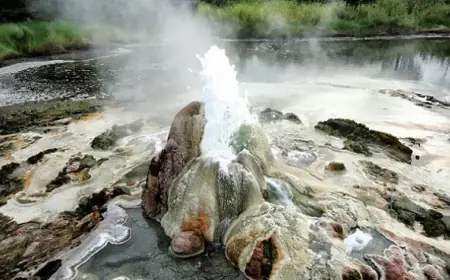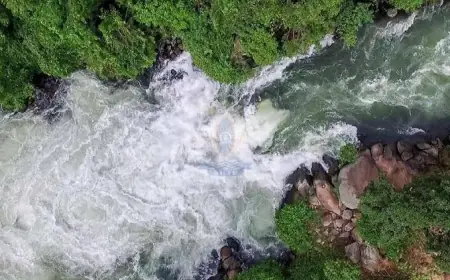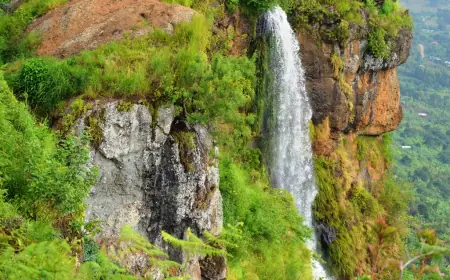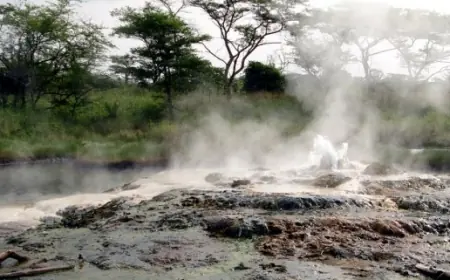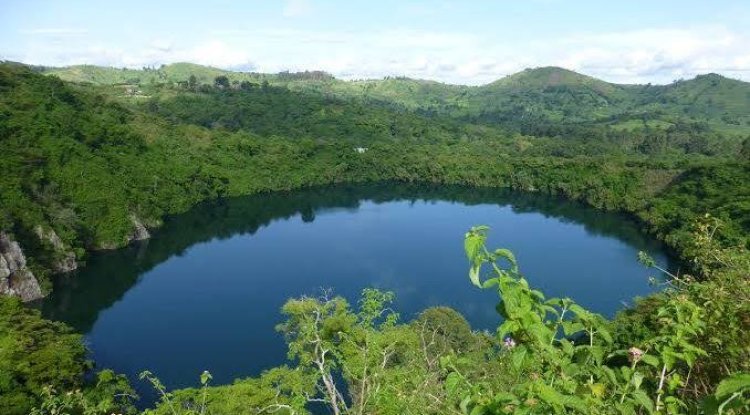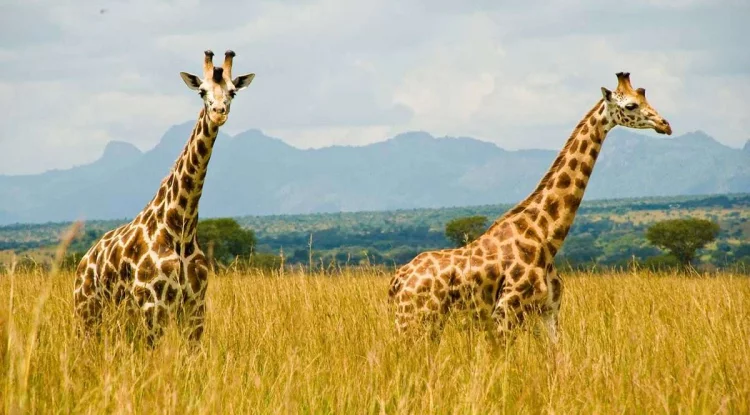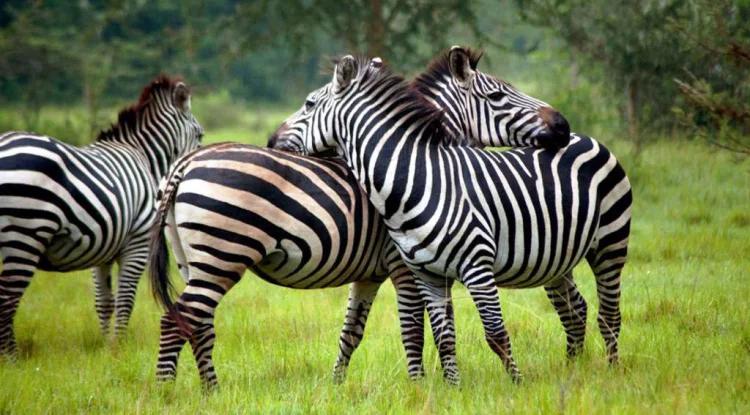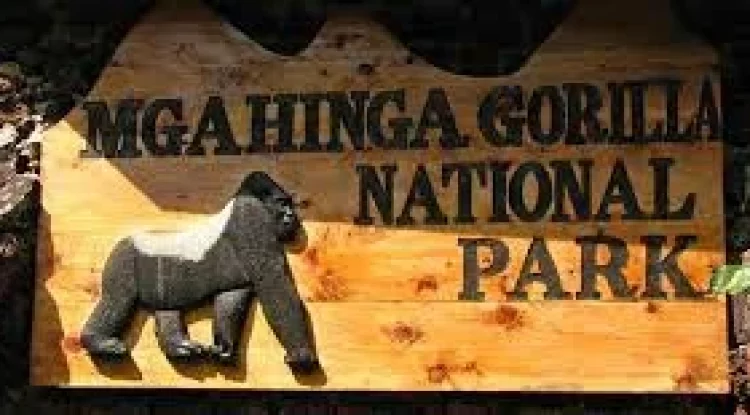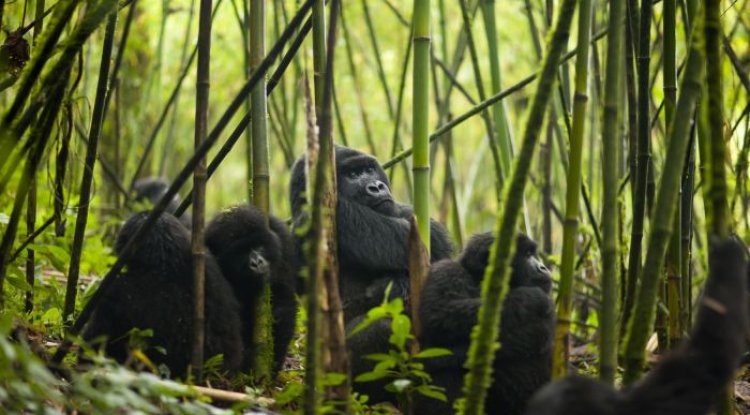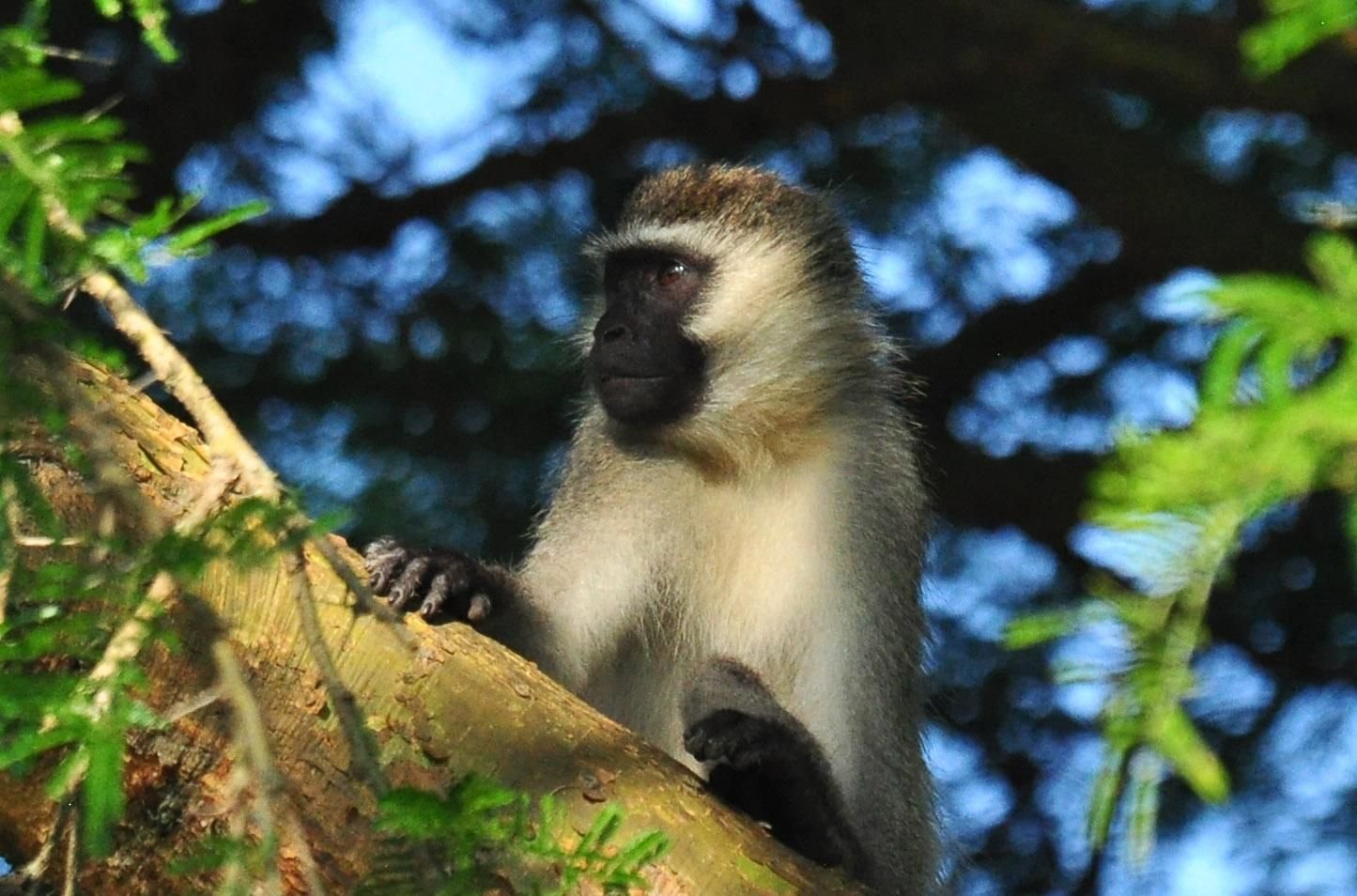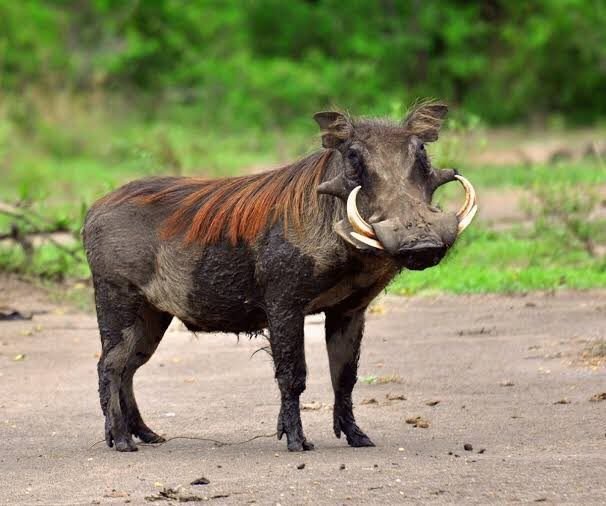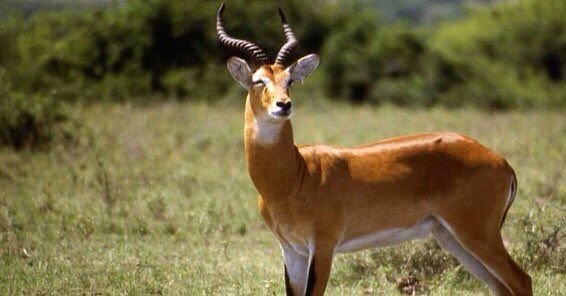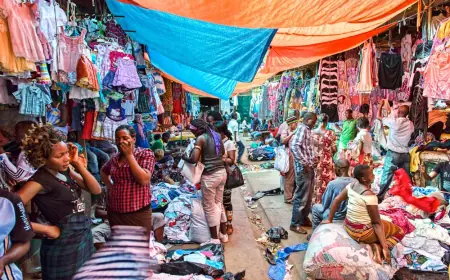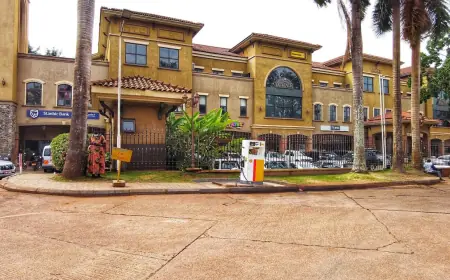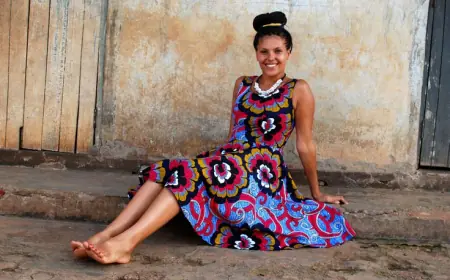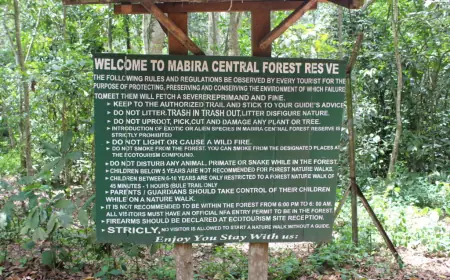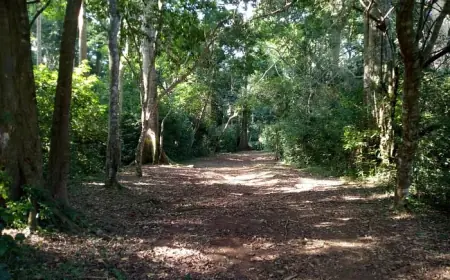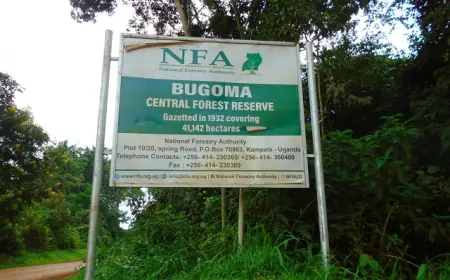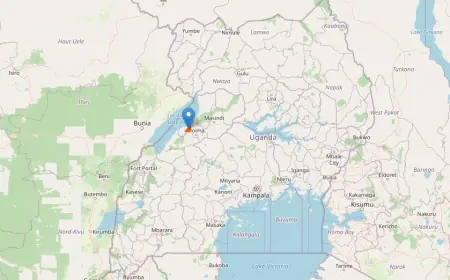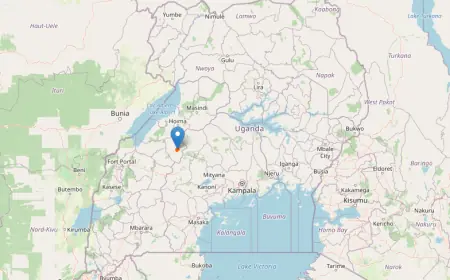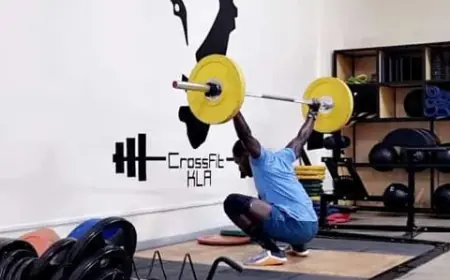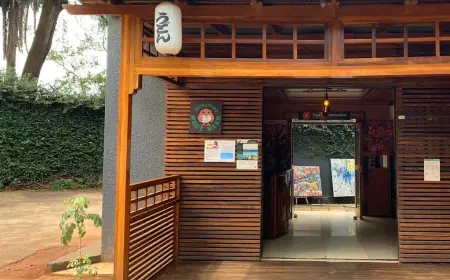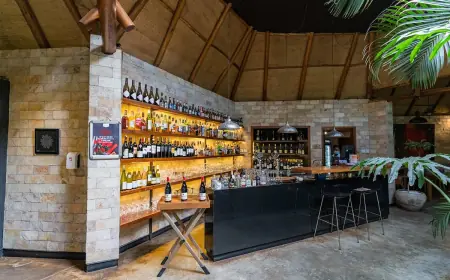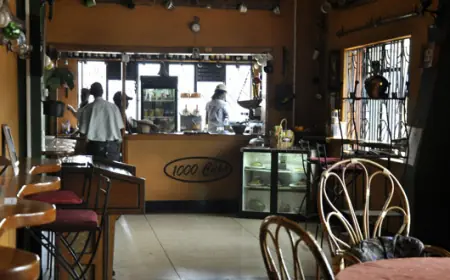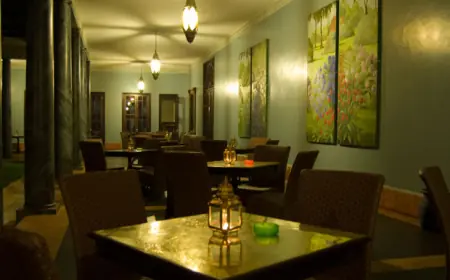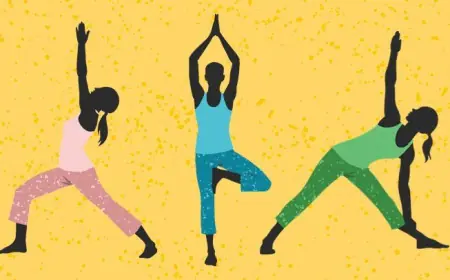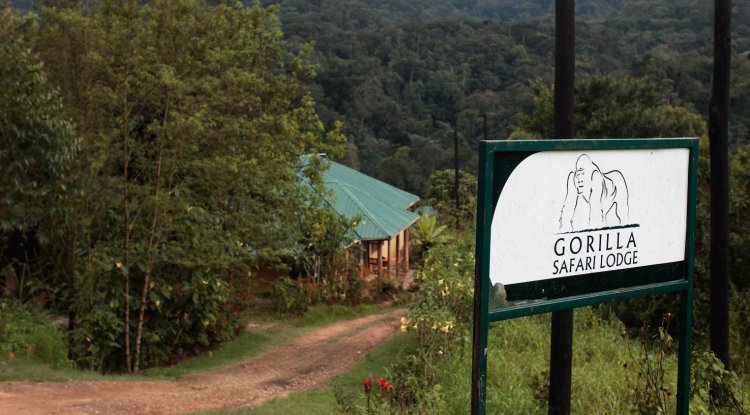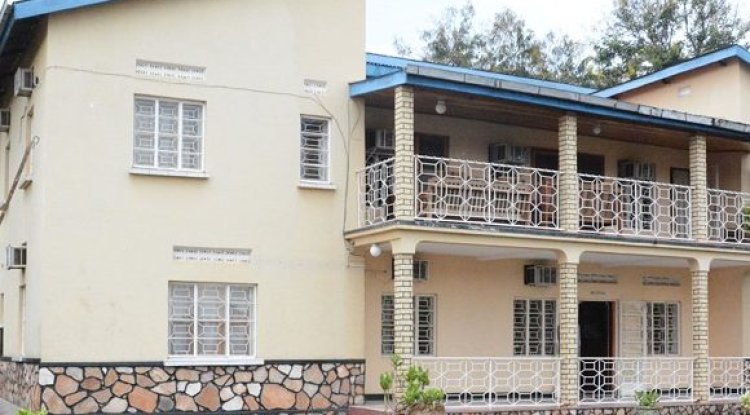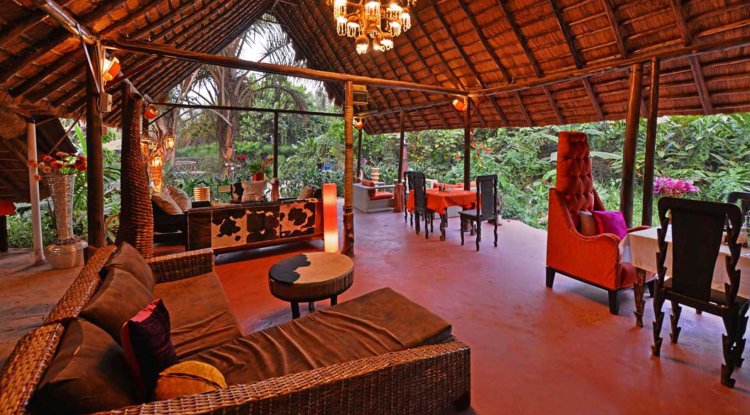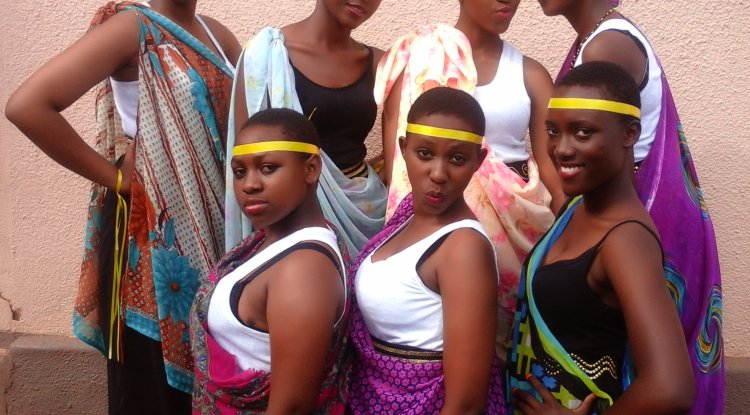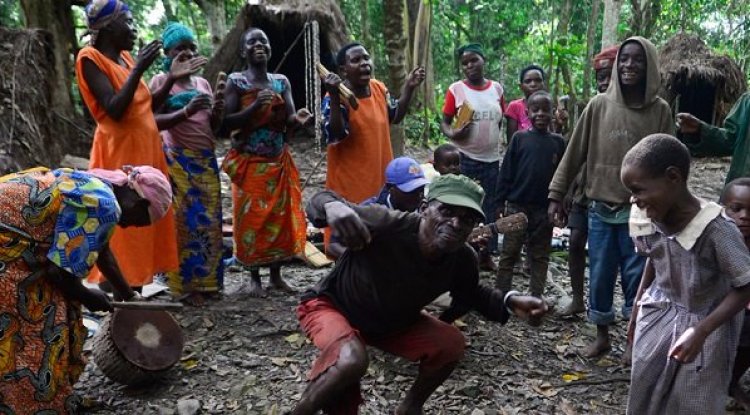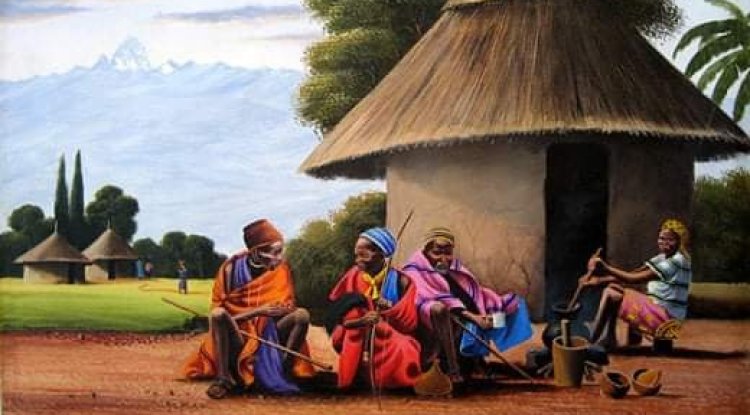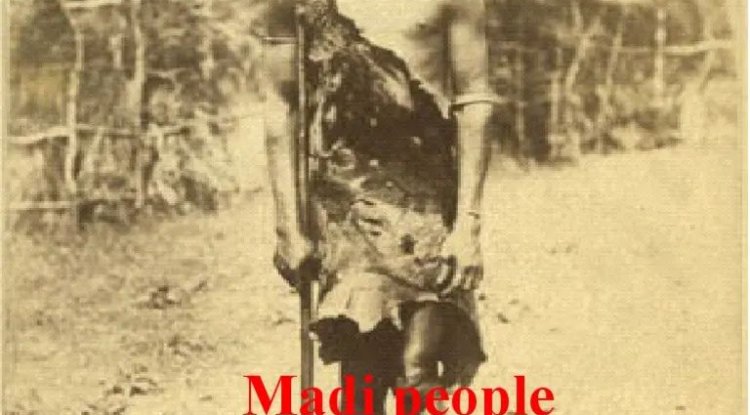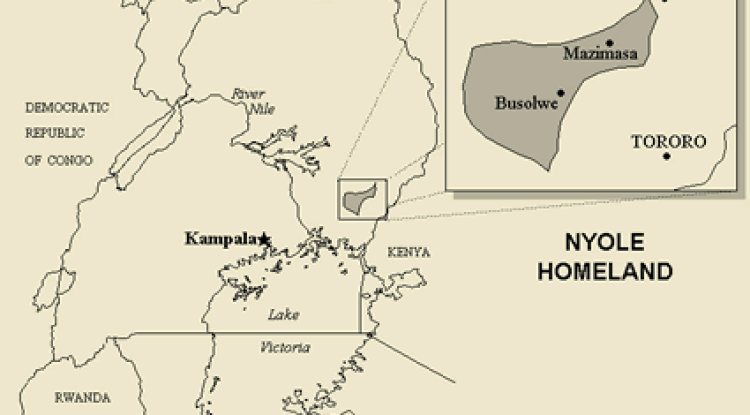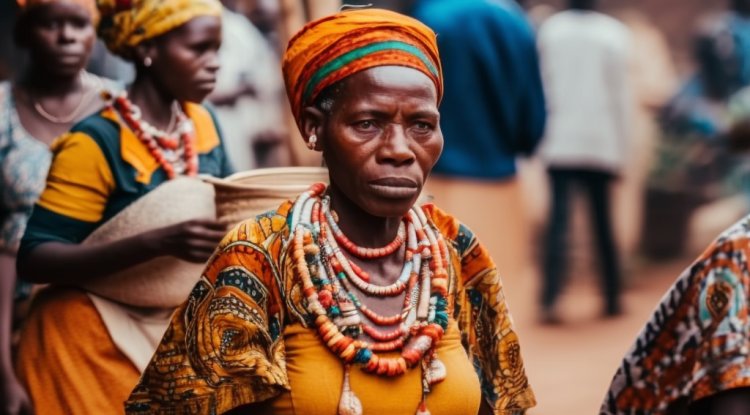The So/Tepeth Tribe
Nestled in the rugged landscapes of northeastern Uganda, the So (Tepeth) tribe remains an enigma, often overshadowed by more prominent ethnic groups. In this comprehensive article, we delve into the lesser-known aspects of the So tribe, shedding light on their history, culture, and challenges.
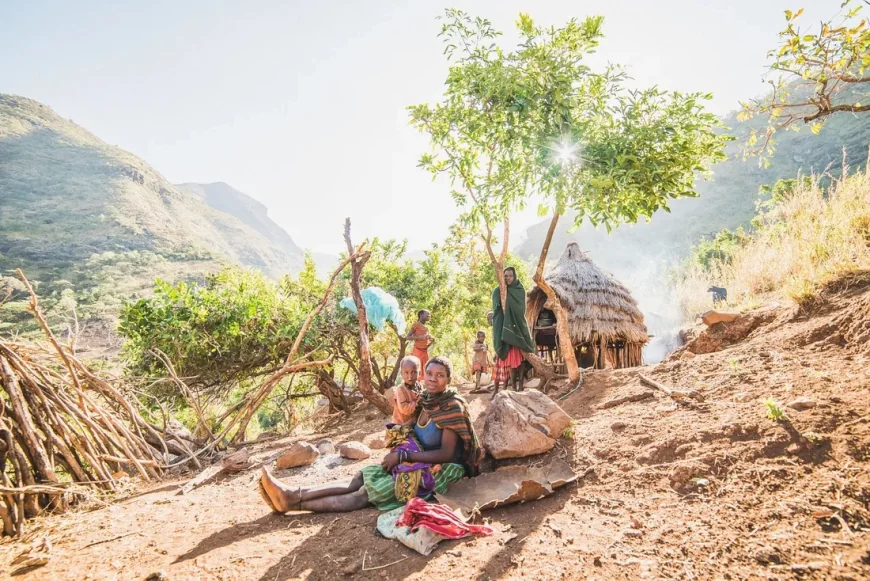
Origins and Identity
The So/Tepeth people are believed to be the indigenous inhabitants of the Karamoja plains. Their roots run deep, tracing back centuries before colonial borders divided the region. Unlike some tribes that migrated or assimilated, the So have clung tenaciously to their ancestral lands.
Lifestyle and Traditions
Traditionally, the So were hunter-gatherers, relying on the bounty of the land. However, the tides of change swept across their existence. In the face of declining wildlife populations during the 1970s and 1980s, they transitioned to agro-pastoralism. This shift was not merely pragmatic; it marked a profound transformation in their way of life.
The Tepeth are a tribe in northeastern Uganda on the slopes of Mount Moroto, which is the highest mountain in the Karamoja region of northeast Uganda and located against the border of Kenya’s Turkana region.
Language
So (Tepeth) people speak the Soo or So language, which is the Kuliak language of the Tepes people of northeastern Uganda, and only a few elderly people can speak it. The So or Soo language has three dialects: Tepes, Kadam (Katam), and Napak (Yog Toŋi).
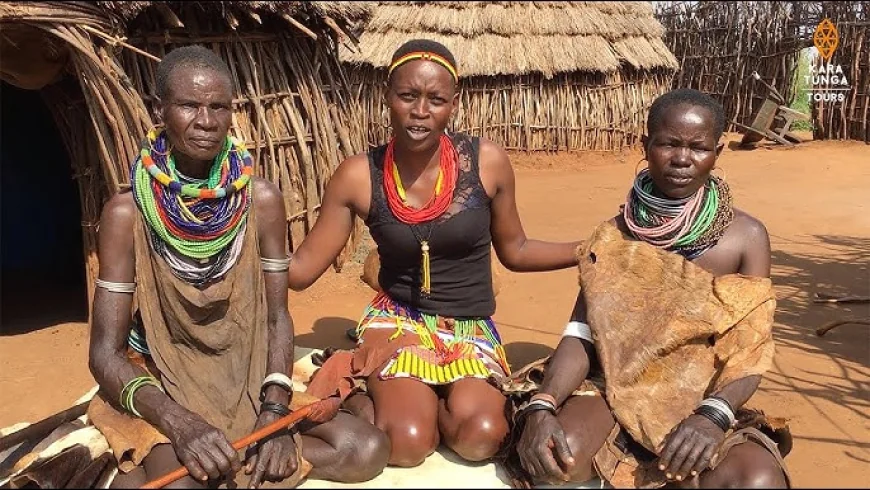
Culture
The So (Tepeth) people are mostly herders who practice large-scale pastoralism. They also engage in subsistence agriculture, growing maize, sorghum, millet, groundnuts, and sweet potatoes, among other crops. The So (Tepeth) people execute unique traditional dances that include both men and women. The dance consists of quick vertical jumps without the feet entirely leaving the ground.
Dance
The So dance consists of men and women performing a sequence of brief vertical jumps with their feet remaining on the ground. The dancers accompany these jumps with whistles and cries. In the dance, men and women are grouped in distinct horizontal lines facing one another, with one man directly addressing the woman. The women gradually turn around to face the same direction as the men.
The So are recognized for their hairstyle, which features horizontal lines of hair in the center of the head.
Mineral Wealth and Struggles
Mount Moroto conceals more than its volcanic past. Its rocky terrain harbors a treasure trove of minerals, including limestone and marble. These resources have attracted attention beyond Uganda’s borders, with shipments reaching as far as Italy. Yet, paradoxically, the So people remain on the fringes of prosperity.
Conclusion
The So (Tepeth) tribe embodies resilience, adapting to changing times while preserving their essence. As we celebrate Uganda’s rich diversity, let us not forget these unsung heroes. Their story deserves amplification, and their struggles merit attention.
What's Your Reaction?
 Like
0
Like
0
 Dislike
0
Dislike
0
 Love
0
Love
0
 Funny
0
Funny
0
 Angry
0
Angry
0
 Sad
0
Sad
0
 Wow
0
Wow
0
